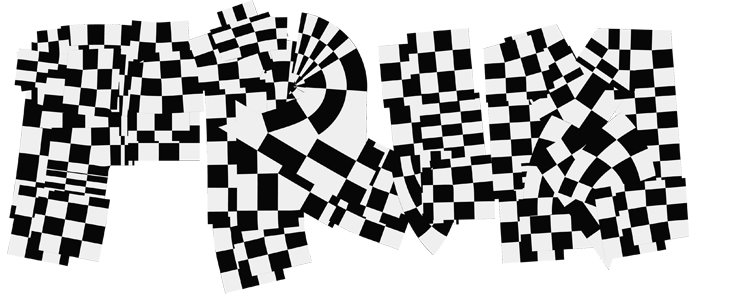Finally edited and uploaded, it's my side project from South Africa: Part one, Part two (on youtube), or here.
Most institutions that want to serve the poor play out a conflict between exclusivity and compassion. Faced with extreme need, an institution can establish rigid in/out boundaries in order to serve a few people well. Or it can take the alternate tack: It can open the gates wide and be overwhelmed, working hard to establish even a baseline standard of service and courting "burn out".
In the context of South Africa's dramatic and ongoing Zimbabwean refugee crisis, the Central Methodist Church has opted for the latter approach. An observer becomes aware of this in the South African media, where accusations of crime, sexual abuse, and "sub-human" living conditions are often made. The same realization can be had in visiting the place, which I had the privilege of doing in March: One is immediately greeted by that instantly recognizable cornucopia of stale stenches that usually accompanies human misery.
Paul Verryn, former Anglican bishop and current caretaker of Johannesburg's downtown parish, has not denied the chaos of the situation he has created by refusing to shut the doors. Rather, he has attempted to do his best to get the problems under control while reframing the discussion to talk about the national government's complete refusal to come up with some sort of plan to deal with the influx of Zimbabwean immigrants.
Beyond dirty bodies, what the place really reeks of is compassion. This dilapidated industrial-style monolith goes very far to embody compassion--black sheep of the family of Holy Spirit fruits, unmentionable in polite conversation--what with her enormous sweaty embrace, effusive, jabbering, unseemly, incapable of making all kinds of distinctions, blind to all the varieties and categories of personal accomplishment and failure claimed by those she draws to herself.
Sure looks bad now, but here's a church that might just stand a chance on the last day.
How to explain it to my parents?
Here is a perfect video interview project, in which nine abstract artists attempt to explain their works of art to their parents.
A fascinating theme in the series is the acute familiarity of the interviewer and interviewee, whereby it seems very difficult for most of these artists to maintain their composure when asked a question (there's plenty of squirming), much less to treat their parents' questions objectively or seriously (despite the fact that several of the questions are valid and well-articulated). Reminds me that the habitual nature of intimate relationships brings about a certain blindness towards the other.
There is a gracefulness that involves learning (or maybe loving) the esoteric vocabulary of a certain society well enough to perform it convincingly for the in-group. There is another, very different kind of gracefulness which is able to engage someone from the out-group, in spite of the inherent awkwardness (or nakedness) involved in setting aside jargon.
A fascinating theme in the series is the acute familiarity of the interviewer and interviewee, whereby it seems very difficult for most of these artists to maintain their composure when asked a question (there's plenty of squirming), much less to treat their parents' questions objectively or seriously (despite the fact that several of the questions are valid and well-articulated). Reminds me that the habitual nature of intimate relationships brings about a certain blindness towards the other.
There is a gracefulness that involves learning (or maybe loving) the esoteric vocabulary of a certain society well enough to perform it convincingly for the in-group. There is another, very different kind of gracefulness which is able to engage someone from the out-group, in spite of the inherent awkwardness (or nakedness) involved in setting aside jargon.
Subscribe to:
Posts (Atom)



